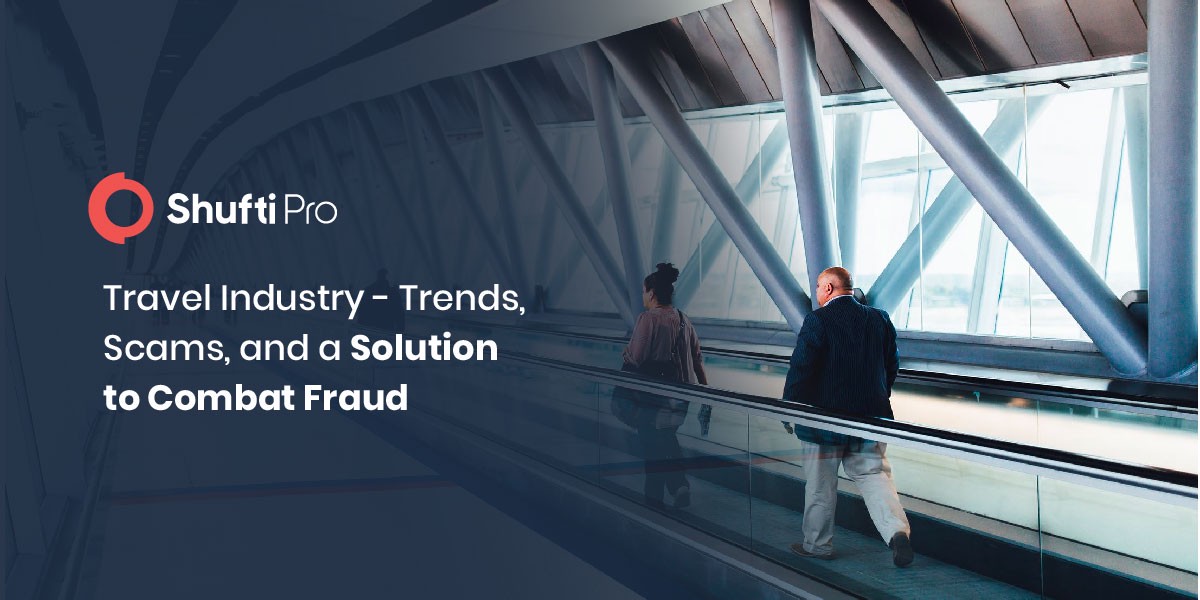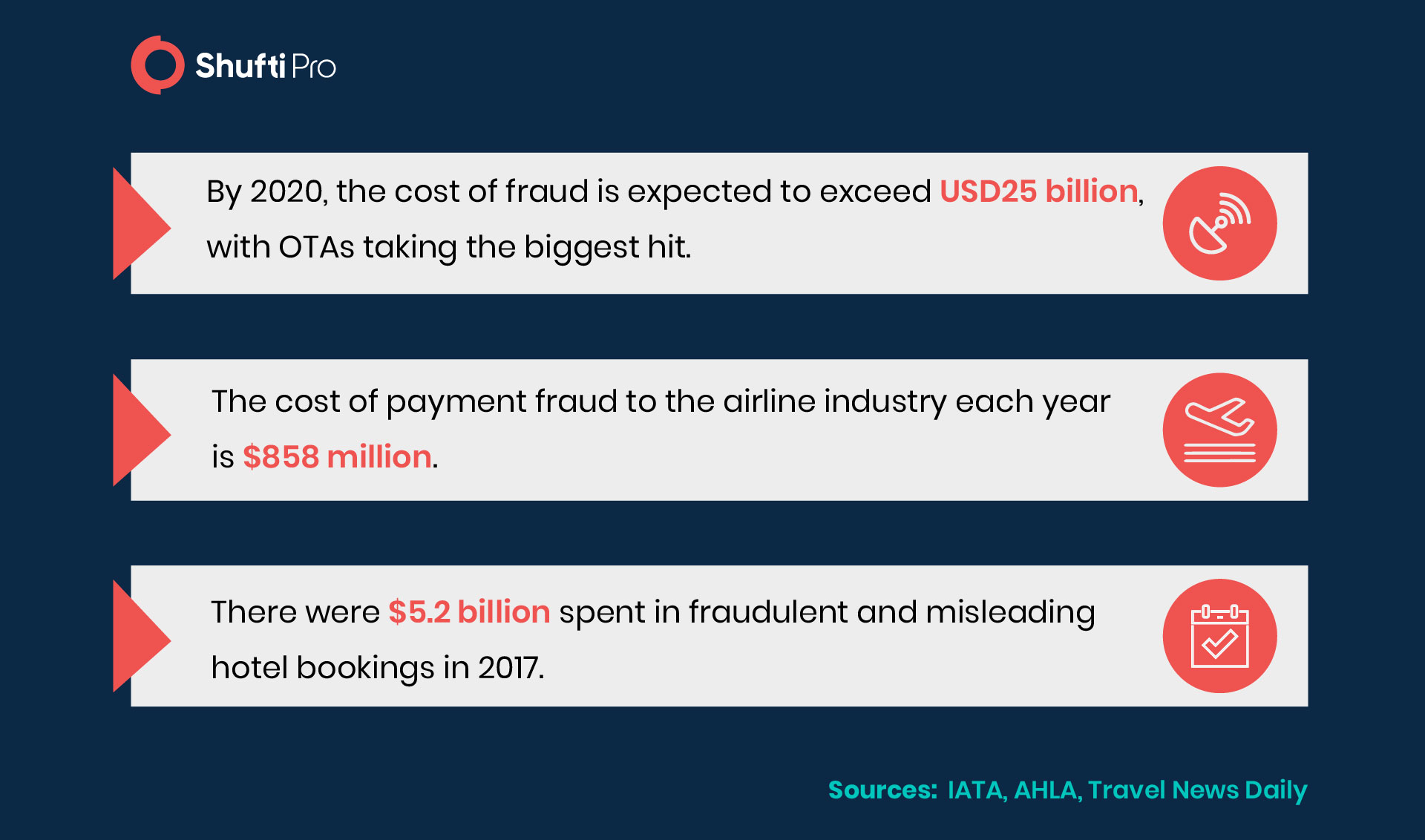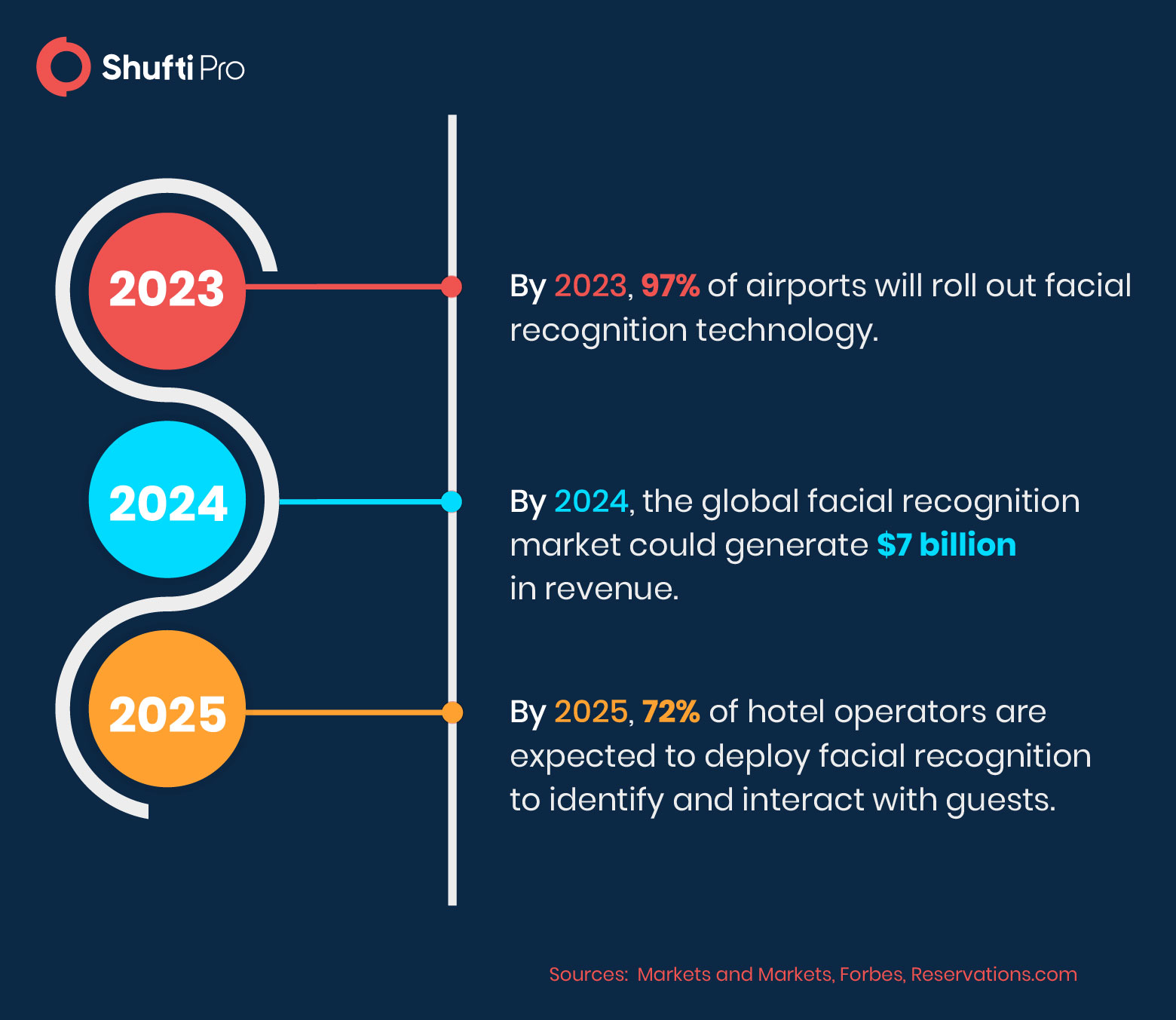Travel Industry – Trends, Scams, and a Solution to Combat Fraud

The modern world is filled with surprises for everyone nowadays. Be it individuals or enterprises, everyone has to experience a new trend every day. Thanks to technology, the corporate sector is streamlining business operations and reaching out to customers more effectively. Nevertheless, there is always a negative use of everything and modern technology has too. While companies are focusing on figuring out better ways to enhance operations, fraudsters use witty methods to pursue their criminal motives. None of the industries are safe from scams and fraud in the digital world, and surprisingly, the travel industry faces some serious problems.
According to Finextra, the travel and tourism industry contributes to 10.2 per cent of the global GDP and fraudulent activities cost the industry approximately $21 billion every year. By the end of this year, this figure will increase by 20 per cent which accounts for more than $25 billion.
It has become very easy to book holiday trips online, but airports and hotels have been reporting some serious input from the criminals lately. The travel industry has been facing different trends and some new kinds of scams too. However, there is an AI-powered solution that hotels and airports can incorporate to combat potential online scams. Read this blog to find out the latest trends, scams, and the solution that can help in fighting fraud in the travel industry.
What are the Scams in the Travel Industry?
None of the industries is safe from criminals and as technology is advancing, fraudsters are becoming more sophisticated as well. Some of the common scams in the travel industry include:
- Currency exchange deals
- Cheaper rates for all the bookings
- Free driver’s license in the destination country
These are some of the most common scams that every country reports. Here are some of the most reported scams from hotels and airlines that are essential to address.

Payment Frauds
This is the most common scam in the travel sector, especially hotels. Fake travel agencies are creating a lot of problems for hotels. Tourists come with fake bookings of hotels and the management has to deal with the costs. Otherwise, they will lose a lot of customers along with damaging the company’s image. Moreover, fraudsters also claim returns or chargebacks to avail free services of the hotel. Apart from these two payment issues, paying through fake and stolen credit or debit cards is also common in this sector.
Money Laundering through Hotels
Money laundering is the act of concealing illegally earned money. Launderers perform this in three stages; placement, layering, and integration. Fraudsters layer money in different sectors and hoteling is one of the best targets for them. Hotel management must identify laundered money on time to avoid dirty money entering the hotel records.
On the other hand, money launderers use forged identities to get away with black money. Therefore, airports need better security checks to fight with sophisticated money launderers.
Read more about money laundering: 3 Stages of money laundering – How AML screening guards your business
Identity Theft
Today, customers need everything digitized and the travel sector is trying its level best to provide digital means of transactions. However, it is also providing opportunities to imposters for executing their evil plans. Digital check-ins offer customers with the power to get rid of the hassles of manual booking and over-the-counter payments. They do not have to stop at the reception to pick the room keys now. While applications for different purposes is a powerful customer engagement tool, it is allowing fraudsters to use fake identities and steal credentials of other legitimate customers. The acquired identity information is later used for loyalty points and other benefits, leaving the hotel management with chargebacks and other frauds at hand.
Airport personnel experience the same problem. Fraudsters with forged identities and passports come for ticket bookings and without any robust verification methods, many criminals get away after committing all the deadly crimes.
Face Verification – A Solution for Combating Fraud
The travel industry has to face a lot of consequences after fraudsters acquire what they came for. Not just financial loss, the sector also faces damaged brand reputation and distrust among customers. If you are someone operating in the airline or hotel sector, how would you recover from the losses? A trick question indeed. Believe it or not, you may not be able to recover from the loss; therefore, a robust identity verification measure is essential to prevent fraudsters from causing any trouble. Facial verification technology is one way of combating fraudsters so that hotels and airlines do not face any more damages.
Face verification at airports and hotel entrances will allow authorities to identify criminals before they cause any trouble.

How Does Face Verification Work?
Facial recognition technology in the modern world is not just about identifying a face, but it entails a lot more than that. The software is now backed by Artificial Intelligence algorithms that efficiently detetct fraudsters in less than a minute. How can the travel industry benefit from it? The face recognition software deploys various AI algorithms and uses the following techniques for better verification results:
- 3D depth analysis
- 3D mapping
- Liveness detection
- Micro-expression analysis
- Skin texture analysis
These techniques ensure that the presence of customers and passengers at the time of verification to assure they are accurately verified. Deep fakes and spoof attacks are a challenge these days but advanced facial recognition technology can be of great help to businesses.
Learn more about face recognition: Face Verification – One Solution for Several Identity Frauds
Latest Trends in the Travel Sector

The travel sector has been excelling with technology for a long time. Take a look at some of the latest trends in this sector.
Facial recognition kiosks are trending in different sectors now. Due to the COVID-19 pandemic, social distancing has become essential. These kiosks verify faces from a safe distance and the customer has to show the passport for verification.
Brazil recently introduced revamped facial recognition technology at the airports through which the authorities there can verify passengers accurately and prevent fraudsters from flying away. This technology can verify everyone along with the masks so there is no chance of spoof attacks.
The travel sector also includes travel through sea routes, so the cruise ships also need better verification methods and the ships are now using face recognition software for verifying passenger identities.
Read more about trends in the travel industry: Top 8 Facial Recognition trends to watch in 2020
It All Narrows Down To…
With betterments in technology, not only the corporate sector is enjoying remarkable benefits, but criminal activities have significantly increased as well. The travel sector has digitised the processes but the inefficient verification measures are not helping in keeping customers safe. Robust security is a need of the hour, and facial recognition is one of the measures that this industry can adopt. The face verification technology checks for spoof attacks, deep fakes, and forged identities in real-time. Ultimately, there is no chance for fraudsters to leave a country after fulfilling their evil desires or fool travel agencies for any benefits.
Shufti’s AI-powered face verification technology deploys Artificial Intelligence algorithms to verify the geometry of the face with the image on the government-issued document. It only takes five seconds and Shufti ensures 98.67 per cent accuracy too.
Eager to know more about face verification?

 Explore Now
Explore Now













